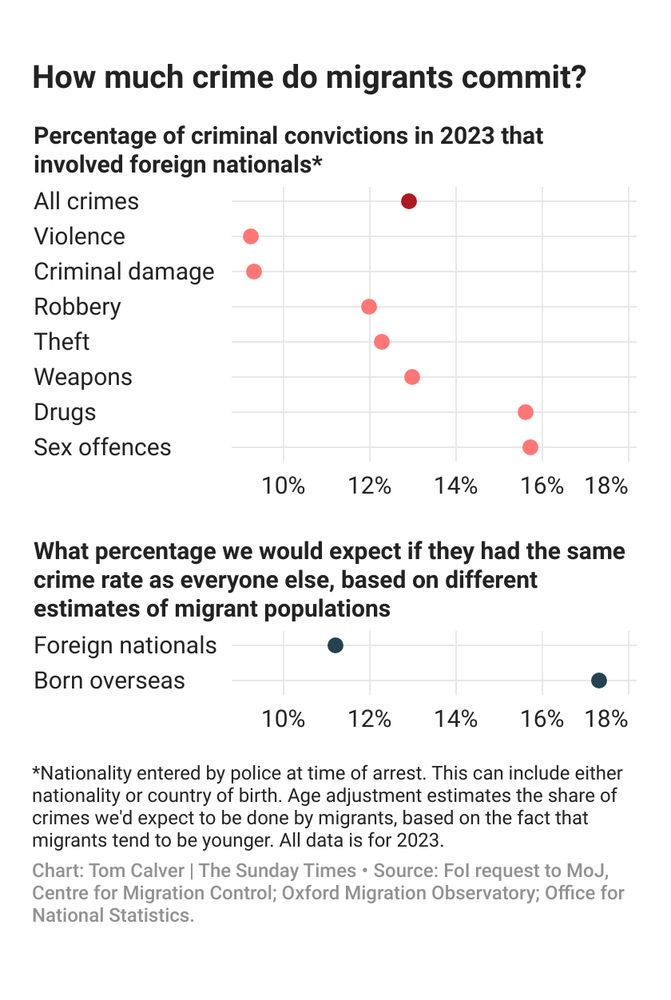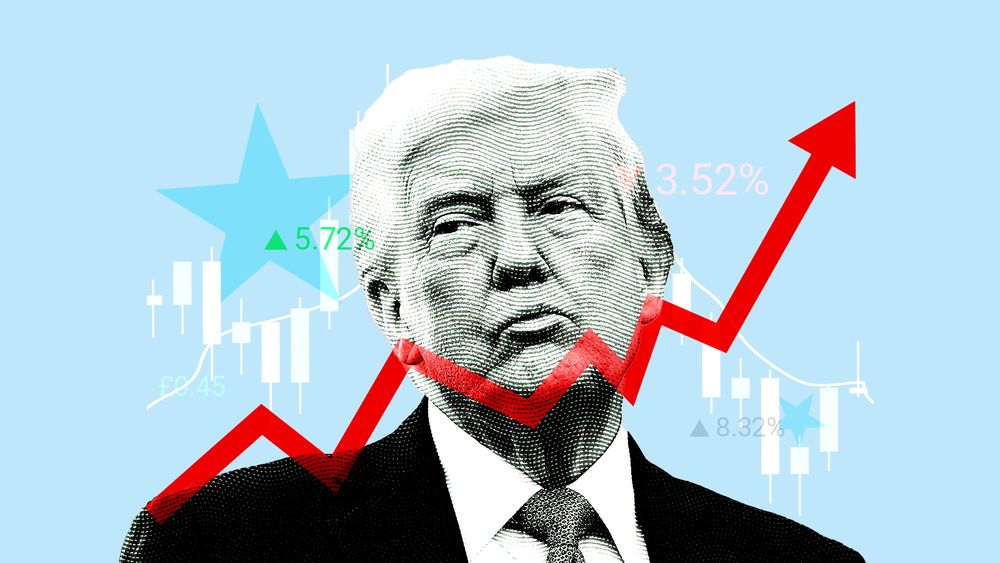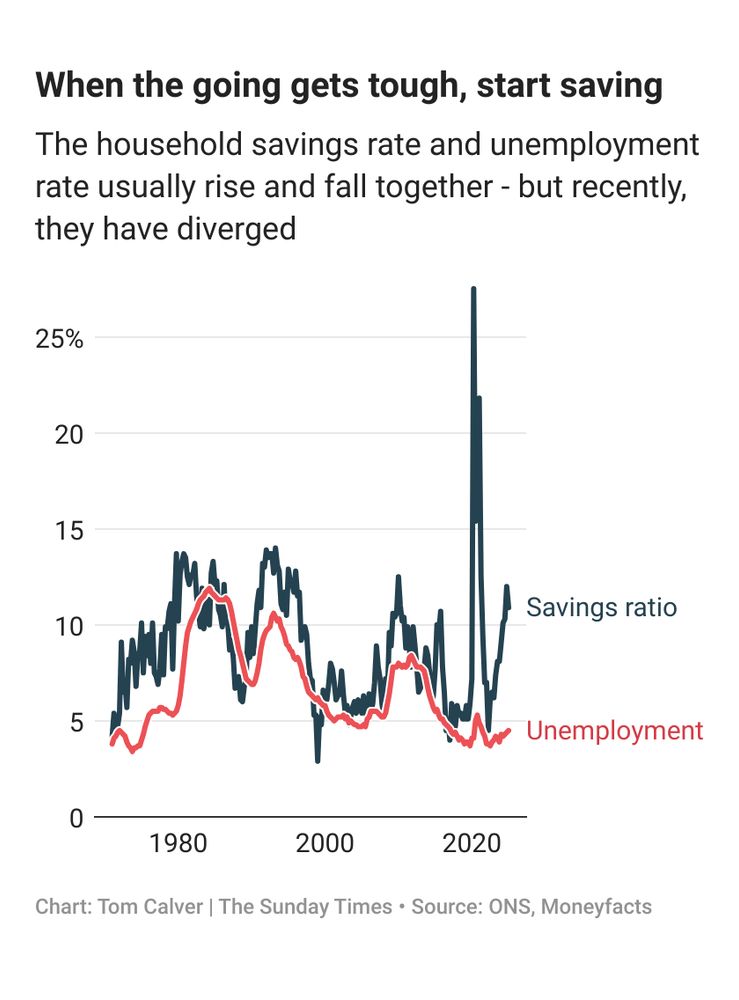Tom Calver
@tomcalver.bsky.social
27K followers
1.5K following
370 posts
Data Editor, @thetimes.com
I write a weekly data column called Go Figure
🔗 https://www.thetimes.com/profile/tom-calver
📧 [email protected]
Posts
Media
Videos
Starter Packs
Pinned
Reposted by Tom Calver
Reposted by Tom Calver
Reposted by Tom Calver
Reposted by Tom Calver





















